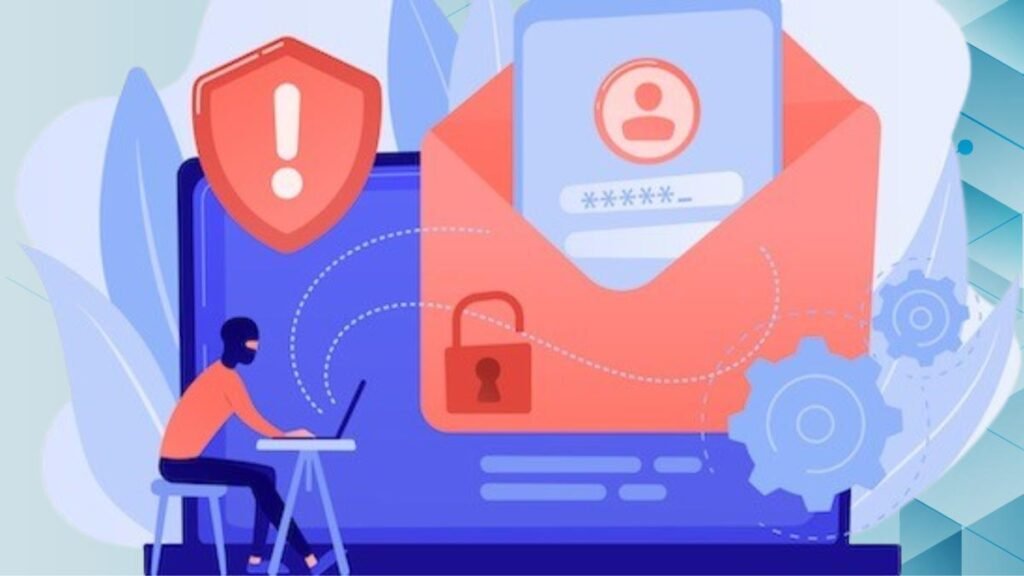What are the Minimum Requirements for Python Coding? Python is the most popular programming language which is used all around the world. However, it is renowned for its simplicity, versatility, and wide range of applications.
Whether it is talking about data analysis and machine learning or web development and automation, its flexibility makes this language a go-to choice for both beginners and seasoned developers but what about the minimum requirements for Python codes, many of us have no idea.
Through this guide, we will walk through What are the minimum requirements for Python coding. So, let’s get started to explore certain foundational skills and proficiencies that can significantly enhance your ability to learn and effectively use Python!
1. Basic Computer Literacy

Before starting your Python journey, a solid foundation in basic computer literacy is essential. This includes some components, so let’s explore them in detail.
Familiarity with Operating Systems (Windows, macOS, Linux)
No doubt, Operating systems are the backbone of any computer, because it is providing the interface between the user and the hardware. That’s why, Familiarity with at least one major operating system like Windows, macOS, or Linux is important for Python coding.
Windows: However, this is the most widely used operating system, especially in corporate environments. For this, must learn how to navigate through files, install software, and use the command prompt because it can greatly benefit Python learners. For instance, knowing how to set environment variables in Windows is essential for configuring Python and its packages.
macOS: well, it is known for its user-friendly interface and robust security features, which is why it is popular among developers, especially in the tech and creative industries. Python learners should be comfortable with macOS’s Terminal, which is similar to Linux’s command line, that is designed to help to run Python scripts and manage packages effectively.
Linux: meanwhile, it is favored by developers and IT professionals, because it offers unparalleled flexibility and control. A lot of Python servers and applications run on Linux, which makes it advantageous to be familiar with this OS. Python learners must Understand Linux file systems, package managers, and shell commands because these have powerful tools for Python development.
Basic Troubleshooting (Software Updates, Handling Crashes)
In the process of learning Python, learners may encounter issues. That’s why, python learners should learn about Basic troubleshooting skills because these are essential to navigate these challenges without losing momentum.
Software Updates: it is one of the most common reasons behind basic issues. So, keeping your software up to date is necessary for security and performance. well, it does not matter at all, whether it’s your operating system, Python itself, or the Integrated Development Environment, a Python learner must understand how to update and manage these tools is fundamental.
Handling Crashes: basically, Software crashes are frustrating, but it is not deniable they are a part of the learning curve. Python learners must know how to diagnose and resolve common issues like conflicts between Python packages, running out of memory, or misconfigured paths. Because having a solution to it means it is possible to save a lot of time and headaches.
Proficiency in Web Browsers and Email Management
As a Python programmer, of course, you will usually rely on the internet for resources, documentation, and community support. However, email remains a primary mode of communication in both professional and academic settings.
Web Browsers: You have to be comfortable while using web browsers to search for Python-related information, download packages, and also get access to online documentation. You should also understand how to use browser developer tools because it can also be beneficial, especially if you’re working with web development or web scraping in Python.
Email Management: additionally, effective email management is also important for communication, certainly when collaborating with others or participating in online courses. This includes organizing the inbox, setting up filters, and being able to attach and download files.
Experience with Word Processing and Spreadsheet Software
That’s true, Python is primarily a programming language, which is integrating it with word processing and spreadsheet software that might be immensely powerful, especially in fields like data analysis, finance, and research.
Word Processing: Being a Python learner, you should be familiar with word processing software which is important for documenting the work, writing reports, and collaborating with others.
Spreadsheet Software: however, Excel, Google Sheets, and other spreadsheet programs are invaluable tools for data management and analysis. For it, you have to understand how to use these tools will allow you to better appreciate Python’s capabilities in automating data-related tasks.
2. Strong Communication Skills

While technical skills are a necessary part of Python programming, strong communication skills are also equally important.
However, the ability to communicate effectively, both in writing and orally, and also being comfortable with collaboration tools such as Slack and Zoom, may significantly enhance your Python learning and development experience.
Ability to Communicate Effectively, both in Writing and Orally
Undoubtedly, Communication is key in coding, especially when it comes to working on team projects, writing code documentation, or even just asking for help. Whether it is about Written Communication which includes Writing clean and readable code Oral Communication skills are important Oral, particularly when working in teams, or participating in coding meetups, workshops, or hackathons. You should be able to clearly articulate your ideas, explain your code, and discuss solutions.
Comfortable Using Collaboration Tools like Slack and Zoom
In this modern digital era, collaboration is important which may often happen online, especially in the tech industry. Being a Python learner, you should be comfortable with collaboration tools like Slack and Zoom are essential for Python programmers.
Slack: Slack is one of the most famous tools which is a widely used messaging platform that facilitates communication within teams. Whether it is talking about working on a project or participating in a coding course, learning how to navigate Slack’s channels, direct messages, and integrations can enhance your ability to collaborate effectively. By learning it, you can easily share code snippets and discuss ideas in real-time.
Zoom: Zoom is a popular platform for virtual meetings and webinars. Being comfortable with Zoom means you can easily join coding meetups, participate in online classes, or collaborate with remote teams. You should be familiar with features such as screen sharing, breakout rooms, and recording that can make your online interactions more productive.
Conclusion
Learning Python needs more than just an interest in coding; it demands a solid foundation in both technical and communication skills. By mastering these skills, you will find it easier to learn Python and also position yourself for success in the broader world of programming and technology.
Well, these minimum requirements will set you on the right path to achieving your goals in Python coding. So that’s all you need to know about What are the minimum requirements for Python coding. We hope this article will help you a lot!

